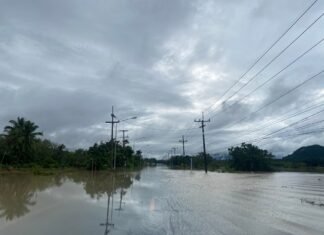On World Education Day, Daniel David emphasizes the urgent need for a transformative approach to education. He expresses a deep concern for educators and the challenges they face within the current educational system. David highlights that the existing framework contributes to alarming rates of functional illiteracy, which poses significant barriers to national progress and development.
David argues that the present system is outdated and ineffective, suggesting that it fails to meet the evolving needs of society. Instead of fostering critical thinking and adaptability, it often perpetuates a cycle of mediocrity and disengagement among students. The implications of this are profound, as a population lacking in essential literacy skills cannot fully participate in civic life or contribute to the economy.
As we celebrate education, David advocates for a reimagined educational framework—one that prioritizes the well-being of educators, as they are the frontline agents in shaping future generations. He believes that teachers should not only be well-supported but also provided with the necessary tools and resources to thrive in a dynamic educational landscape. This includes ongoing professional development opportunities and a curriculum that reflects contemporary challenges and innovations.
David’s call to action is not merely a critique of existing practices but also a vision for what education could and should be. He urges stakeholders—policymakers, educational leaders, and the community at large—to collaborate in crafting an environment where educators can flourish. By doing so, this new paradigm would empower students to develop critical skills that are essential for their personal and professional lives.
Furthermore, David underscores the importance of inclusivity and accessibility in education. He posits that every individual, regardless of their background, should have the opportunity to receive a quality education that equips them with the necessary skills to thrive in today’s complex world. This means addressing systemic inequalities and ensuring that underrepresented groups are not left behind.
In conclusion, Daniel David’s reflections on World Education Day serve as a poignant reminder of the pressing need for educational reform. As we recognize the vital role that education plays in shaping society, it is crucial to advocate for a system that addresses the current shortcomings while promoting the well-being of those within it. The pathway to a more literate and engaged citizenry starts with prioritizing the needs of educators and rethinking our approach to teaching and learning. As the conversation around these issues continues, it is imperative that we listen to voices like David’s, who challenge us to envision a brighter future for education and, consequently, for our nation.






